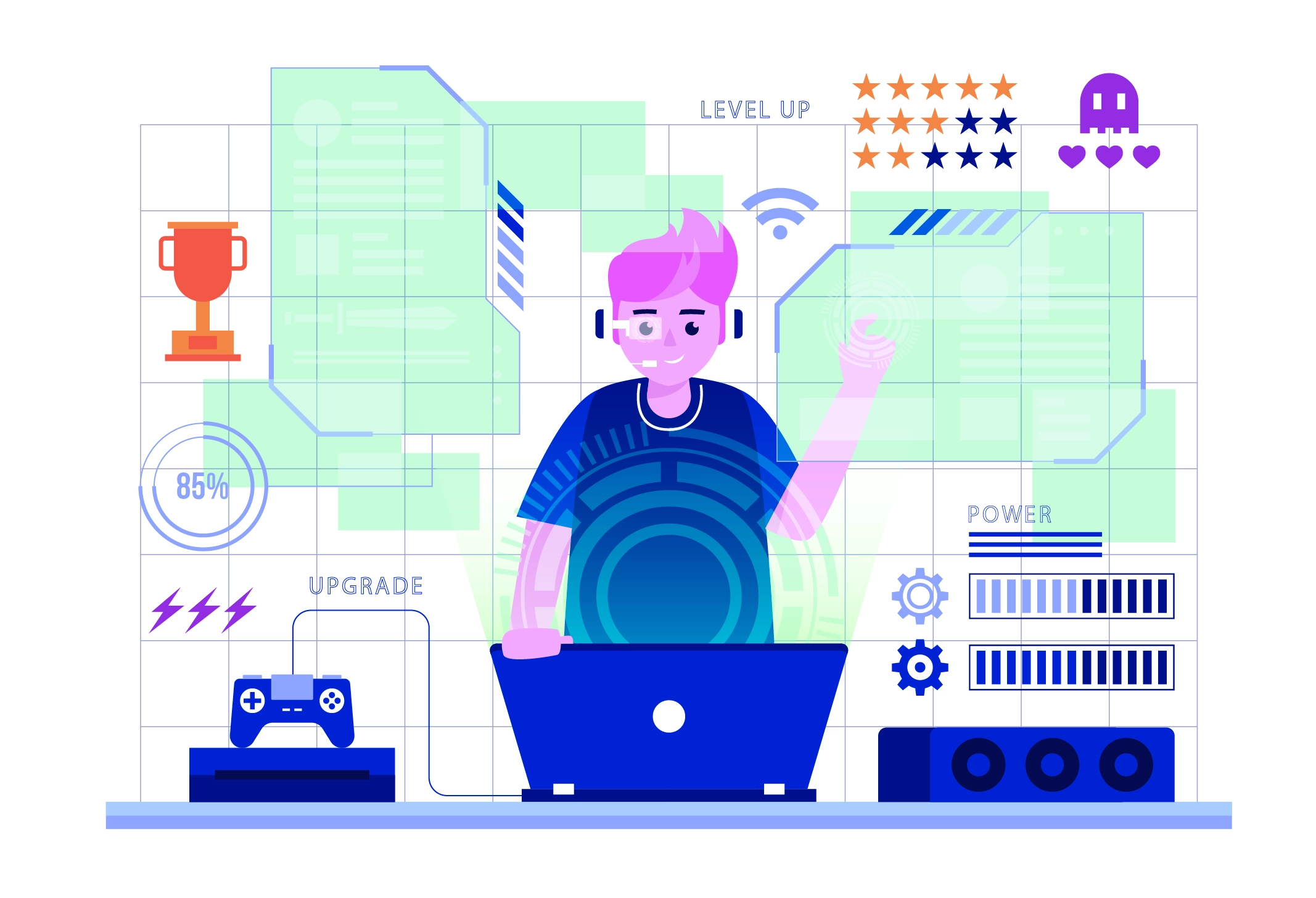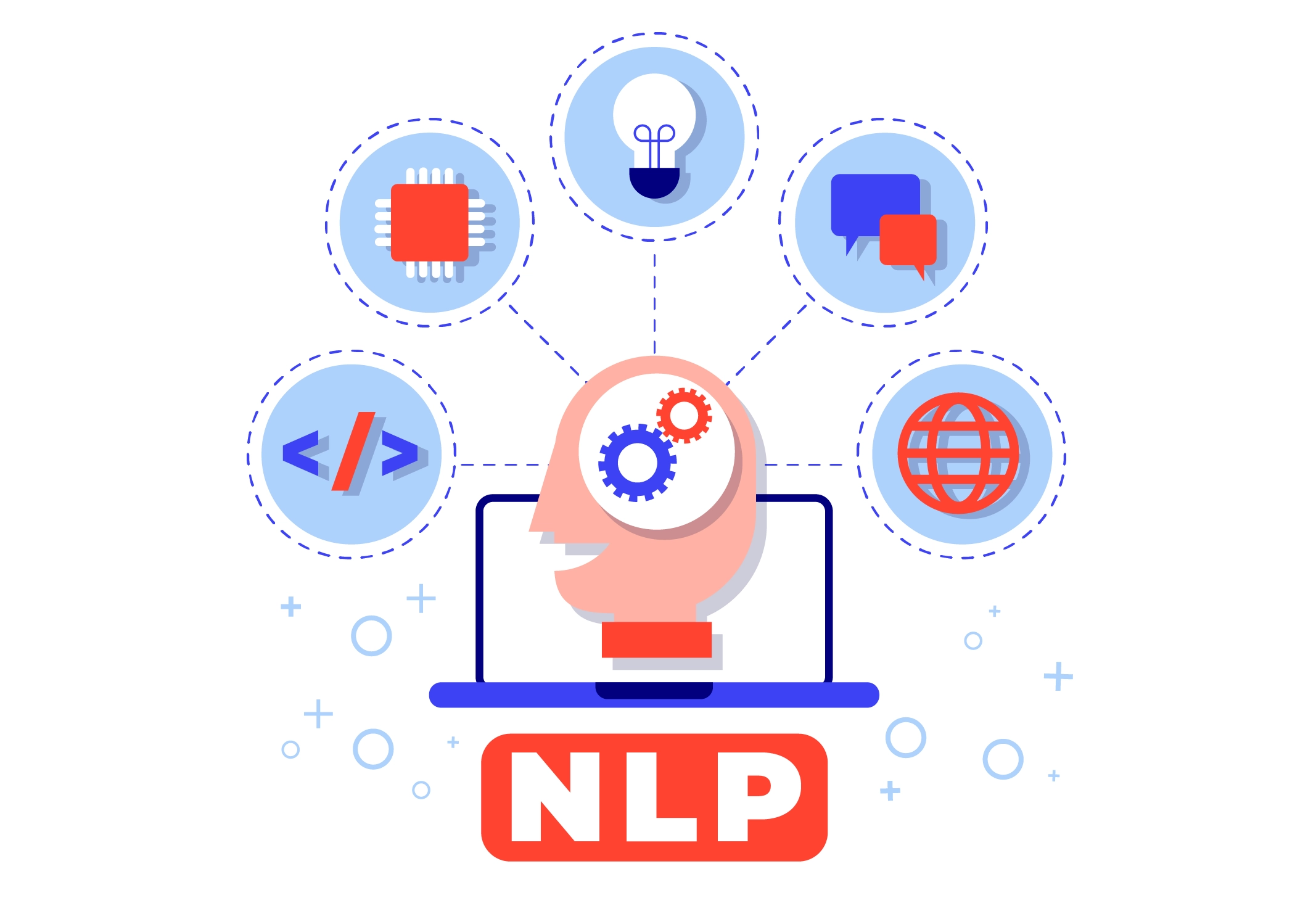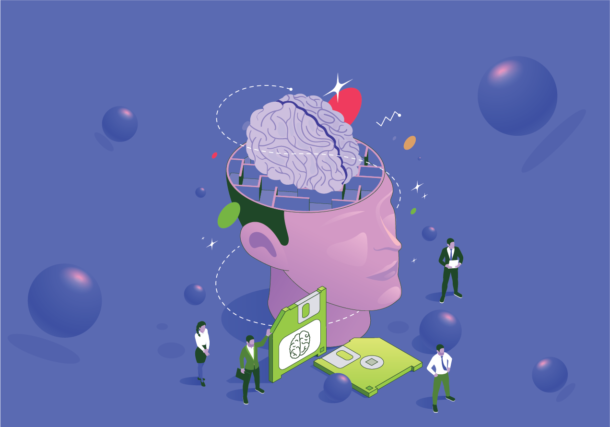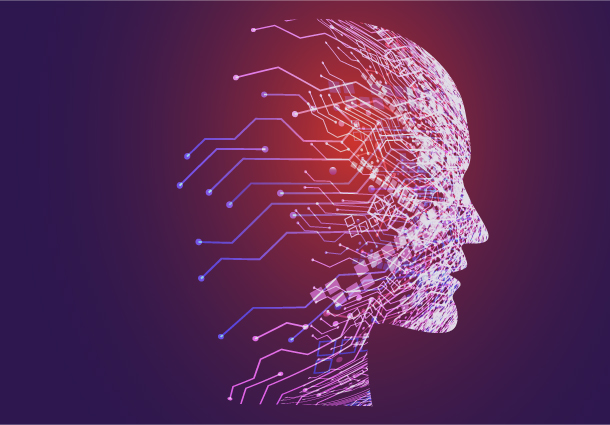Journey of Overhauling Deep Learning in Gaming Vibrancy
The gaming sector is an outstanding instance of innovation and entertainment. The need for captivating and immersive gaming experiences is always rising, with millions of gamers throughout the globe. Deep learning in gaming is a cutting-edge technology that is at the core of this progression and is completely changing how games are created, played, and enjoyed.
Computers can learn from enormous volumes of data and make wise judgments without explicit programming because of deep learning in gaming filed which is a subset of artificial intelligence. This technology is being used in the gaming industry to provide users with more individualized experiences, dynamic gameplay, and more lifelike visuals. Deep learning in gaming algorithms may adjust game settings in real time to each player’s preferences by evaluating their behavior and preferences. This allows for a personalized gaming experience.

Deep learning in gaming has also created new opportunities for game makers, allowing them to craft more intricate and engaging worlds than in the past. Deep learning algorithms are expanding the possibilities in gaming with realistic physics simulations and sophisticated character movements. Deep learning in gaming is also being used to improve quality assurance and game testing procedures, assisting developers in finding and fixing errors more quickly.
Deep learning is not just a game-changer, but also a game-evolver as we learn more about its use in the gaming industry. Game creators may create new kinds of gaming experiences by utilizing deep learning in gaming industry to reach unprecedented levels of creativity, originality, and user engagement.
Igniting Deep Learning Potential with Innovations in Gaming Experience
In the gaming business, deep learning for games has become a disruptive force that is changing how games are created, played, and enjoyed. Game makers can now build previously unthinkable dynamic gameplay, lifelike characters, and immersive settings by utilizing cutting-edge neural networks and algorithms. This section delves into the various uses of deep learning in the gaming industry, emphasizing its function in generative content creation, character animation, and improving player experiences.

By enabling more realistic motions and behaviors, deep learning algorithms are transforming character animation. Developers may produce lifelike characters that react dynamically to in-game events by using neural networks trained on large datasets of human movements. Deep learning algorithms bring characters to life in ways that were previously exclusive to blockbuster movies, whether it’s through sophisticated facial expressions, fluid battle scenes, or believable AI actions.
Procedural content generation (PCG) is another gaming domain where deep learning in gaming excels. Deep learning algorithms may significantly cut down on production time and expenses by identifying patterns in already-existing game content and automatically creating new assets, levels, and settings. This methodology not only enables the development of vast gaming environments but also guarantees that every player’s encounter is distinct and captivating.
In addition to customizing gameplay and streamlining game mechanisms in real-time, deep learning in gaming is also being utilized to improve player experiences. Deep learning in gaming algorithms may adjust game difficulty, offer personalized recommendations, and even forecast player behaviors to produce more engaging and delightful experiences by examining player behavior, preferences, and skill levels. In addition to raising player engagement, this degree of personalization helps players form stronger bonds with the games they like.
Neural Networks, GANs, and NLP in Gaming Advancements
Deep learning technology breakthroughs have led to a notable revolution in the gaming business in recent years. Character animation and behavior in video games have been completely transformed by neural networks, especially convolutional neural networks (CNNs) and recurrent neural networks (RNNs). These networks improve the entire gaming experience by allowing developers to construct realistic, lifelike characters with realistic motions and reactions.

The introduction of Generative Adversarial Networks (GANs) is another significant breakthrough that has created new opportunities for procedural content generation in video games. With GANs, content creators may create dynamic and varied gaming landscapes, characters, and objects automatically. This saves time and effort while producing high-quality content.
The use of natural language processing (NLP) techniques has been applied to improve communication within video games. Developers may build more engaging and dynamic gaming experiences by including natural language commands or chat interfaces in their games, allowing players to communicate with other players or non-player characters (NPCs).
In addition to pushing the frontier of what is conceivable in gaming, these developments in deep learning in gaming have opened the door for more engaging and customized gaming experiences. Future games should be even more inventive and engaging, engrossing players and advancing the industry, as creators continue to investigate the possibilities of neural networks, GANs, and NLP in gaming.
Streamlining Processes, Personalizing Content, and Enhancing Player Engagement
Deep learning in gaming integration has sparked a revolutionary wave that is changing conventional wisdom and reshaping the game industry. Neural networks and reinforcement learning techniques are at the vanguard of this transition, enabling developers to produce immersive experiences with previously unheard-of levels of realism and interaction. Neural networks enable games to dynamically adjust to player actions, creating individualized experiences that have a deeper emotional impact.
The creation of realistic material, such as realistic character animations and procedurally generated locations, is made possible by Generative Adversarial Networks (GANs), which broaden the creative possibilities of game production. Developers can create expansive and varied game worlds quickly with GANs, which increases replay ability and encourages player interaction. Furthermore, natural language processing (NLP) technologies provide smooth communication between players and characters in games by enabling them to engage with them using natural language instructions.
Beyond simple technological improvements, deep learning in video games has a profound influence on game production since it completely changes how games are imagined, created, and played. Deep learning technologies enable developers to create games that go beyond mere entertainment by optimizing development processes, customizing content, and elevating player engagement. These games offer players immersive and emotionally impactful experiences that push the limits of interactive storytelling. The future looks promising as the gaming industry continues to embrace deep learning’s potential as creativity and technology come together to push the limits of what is possible in gaming.
Ethical Challenges, Bias, and Emerging Trends in AI-driven Gaming
The ethical implications of data privacy and user permission are brought to light by the ongoing evolution of AI-driven games. It is a difficult balancing act for developers to respect user privacy rights while gathering data to improve game experiences. Furthermore, it is crucial to overcome prejudice and guarantee fairness in AI algorithms to stop inadvertent discrimination and advance inclusion in gaming communities. Determining and reducing biases in algorithms and training data will take continuous work.
Future developments like virtual reality (VR) and augmented reality (AR) have the potential to completely transform gaming experiences. Immersion games and previously unheard-of levels of player involvement are provided by these technologies. Advancements in real-time adaptation dependent on player behavior and AI-driven generative content creation hold the potential to completely reshape the possibilities for interactive narrative in video games.
New difficulties, meanwhile, also arise with these advancements: strong data protection standards, transparent AI algorithms, and proactive steps to promote justice and combat bias. As the gaming industry adopts AI technology, it must respect moral principles and put players’ welfare first. The future of AI-driven gaming has enormous promise to provide engaging, inclusive, and morally acceptable gaming experiences—as long as these obstacles are navigated and emergent trends are embraced properly.
Grab Deep Learning in Gaming with Pattem Digital to Enrich Gaming Experiences
User experiences and game development processes have been completely transformed by the gaming industry’s use of deep learning. With Deep learning consulting services, there is a great deal of opportunity for future innovation and improvement. Accepting these developments guarantees more immersive and captivating gaming experiences and creates new opportunities for experimentation and innovation. To assist game creators in successfully using deep learning in gaming to drive innovation and success in the gaming industry, Pattem Digital provides cutting-edge technology and expertise.





